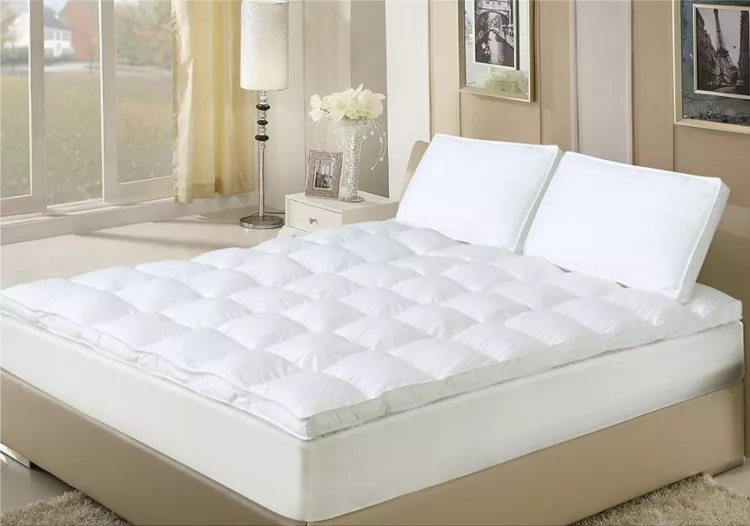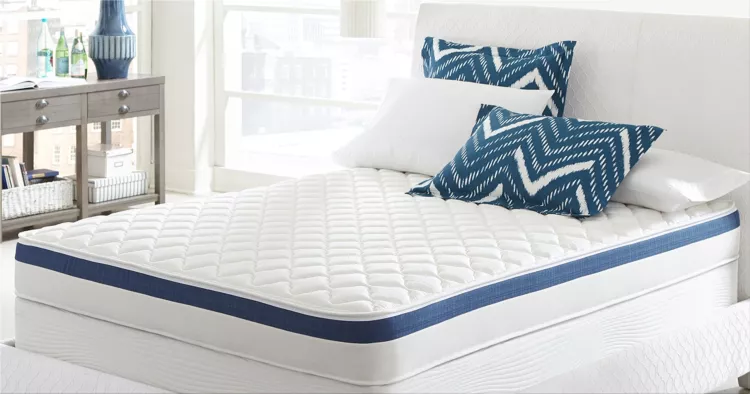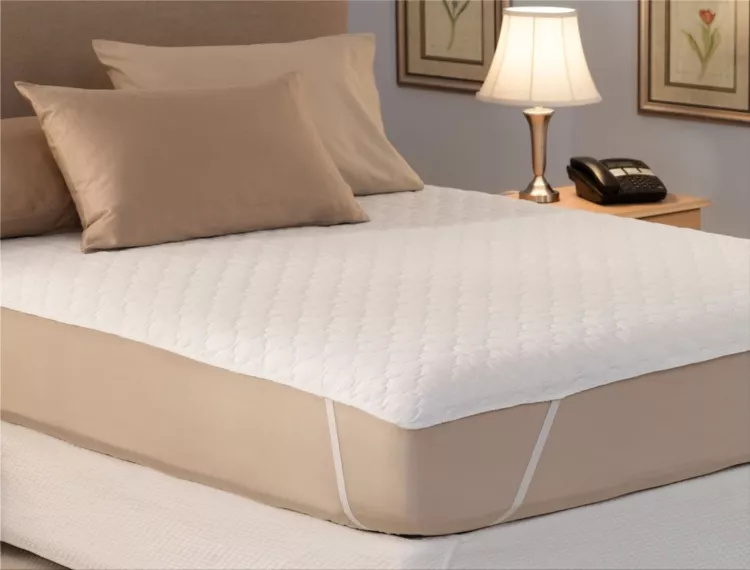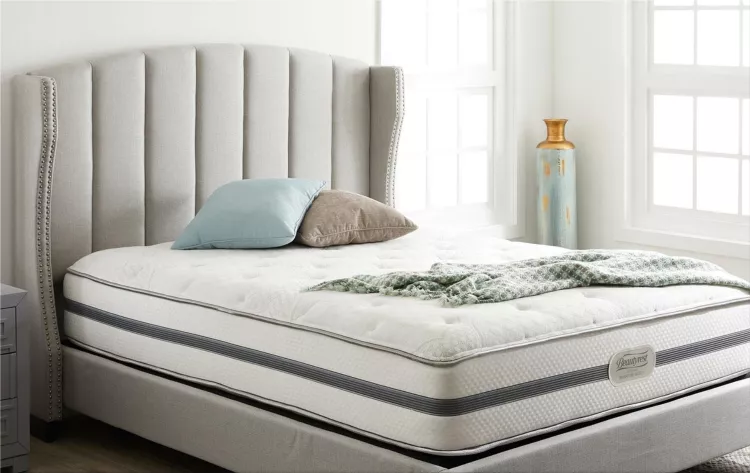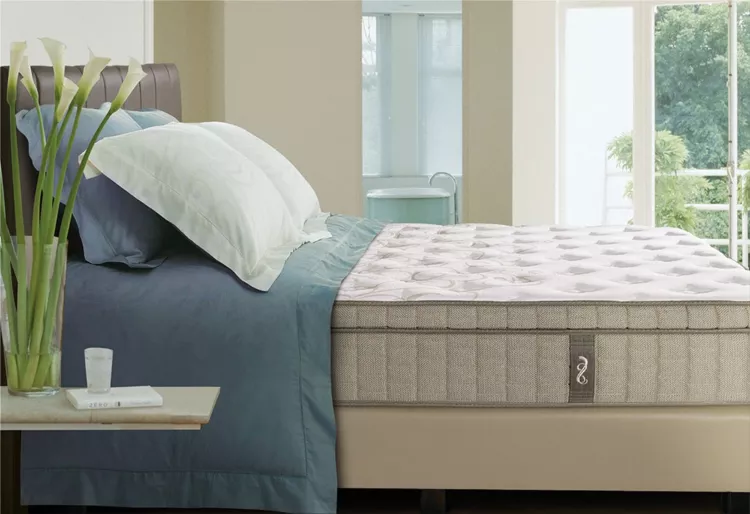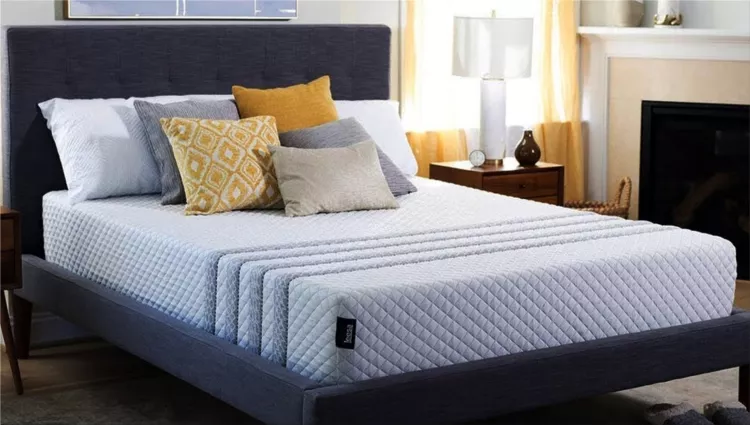How frequently should a mattress be replaced?
When a mattress reaches the end of its functional life, it sadly begins to exhibit indicators of needing to be replaced. So if you notice the springs, your back hurts, or you have trouble sleeping, it is time to bid him farewell.
According to scientists, sleep accounts for up to a third of our lives: at an average age of 90, we spend 30 years sleeping. And while certain ornamental elements might help you sleep better, the most critical thing is to pick the correct mattress to ensure that you wake up refreshed, with a healthy face, and with excellent health in the long term. Unfortunately, when we purchase a new mattress model, it seems unlikely to have an expiry date. Still, the fact is that the passage of time can cause the materials used in its construction to deteriorate, affecting and impairing our rest. However, how can you determine when to replace your mattress?
Although manufacturers recommend replacing your mattress every eight to ten years, the truth is that just as there is no way to know how often to replace it. There is also no way to determine an exact time frame for replacing our mattress without considering the materials used, how they are cared for, and our sleeping habits. So, naturally, for the product's usable life to be as effective as possible, producers emphasize the significance of achieving progressive and uniform wear, which necessitates routine maintenance. In other words, a mattress that has not been rotated and turned properly will lose its qualities for sound slumber more rapidly.
Throughout the functional life of this item for resting, several things contribute to the increasing deterioration of its materials and loss of firmness. Our sleep quality is directly related to the quality of the mattress's components and our demands, which ultimately determine the mattress's expiration date. "32% of the population uses the idioms 'I wake up exhausted, without energy,' and 'I wake up with muscular discomfort,' and the number of individuals who use these two words greatly increases when the mattress on which they sleep is more than ten years old," Pikolin assures. If you are constantly exhausted, this might be a highly telling symptom that your mattress requires renewal.
Additionally, you should consider replacing your mattress if it is drooping following your body form. The relief makes us feel uneasy in the morning, as we detect a change in the body's degree of support and adaption when we move. Noticing the springs (if any) is another sign that it is time to replace it. This is most often the case with older mattresses, as the material degrades with time. However, it can occur within a few years in mattresses with low density (insufficient foam or latex per cubic meter) and, hence, poor quality.
Not only does the passage of time and the materials have an effect, but so does the use. These mattresses' use will directly affect their wear, either increasing or decreasing it. For example, a bed used daily for sleeping will always show more significant wear than one used infrequently. Of course, do not fool yourself into believing that the usable life of the item will be increased.
If it is not allergy season and you observe an increase in your allergy or asthma symptoms, the mattress may be to blame. Those with insufficient quality, in particular, tend to accumulate mites. Proper mattress maintenance, such as vacuuming, robotic steaming, and turning, can minimize dust and mites, alleviating discomfort.
- Add new comment
- 128 views





